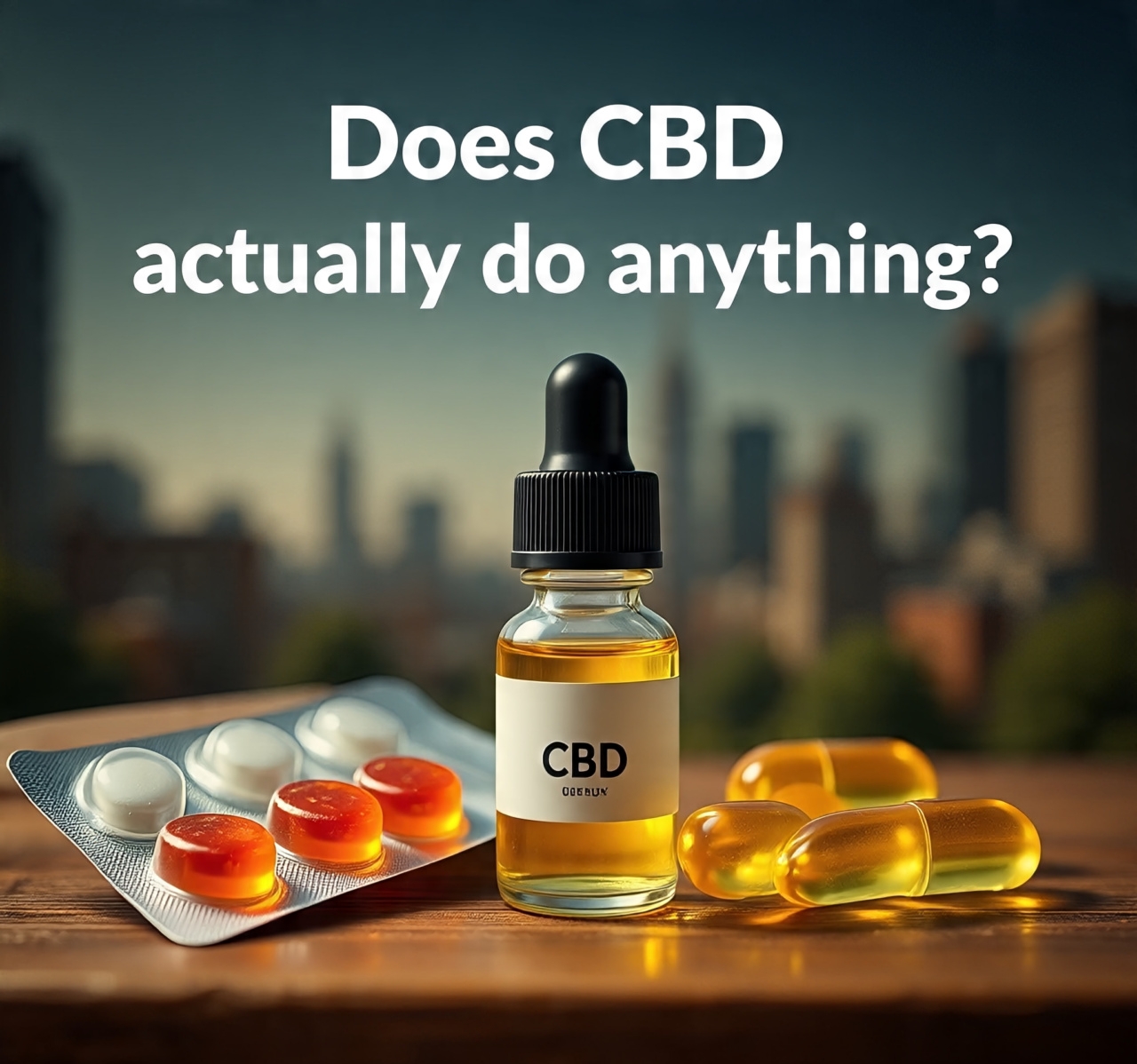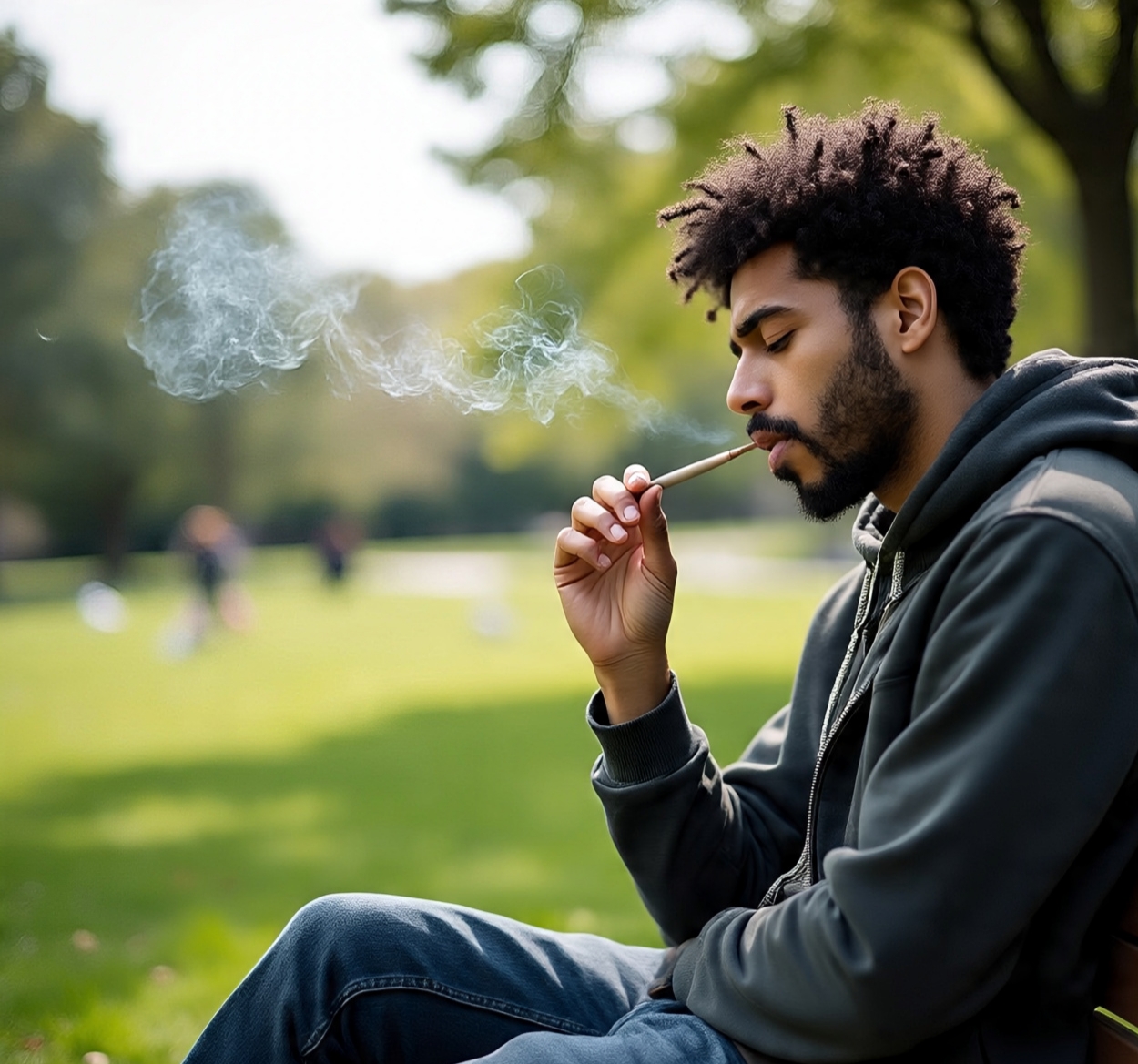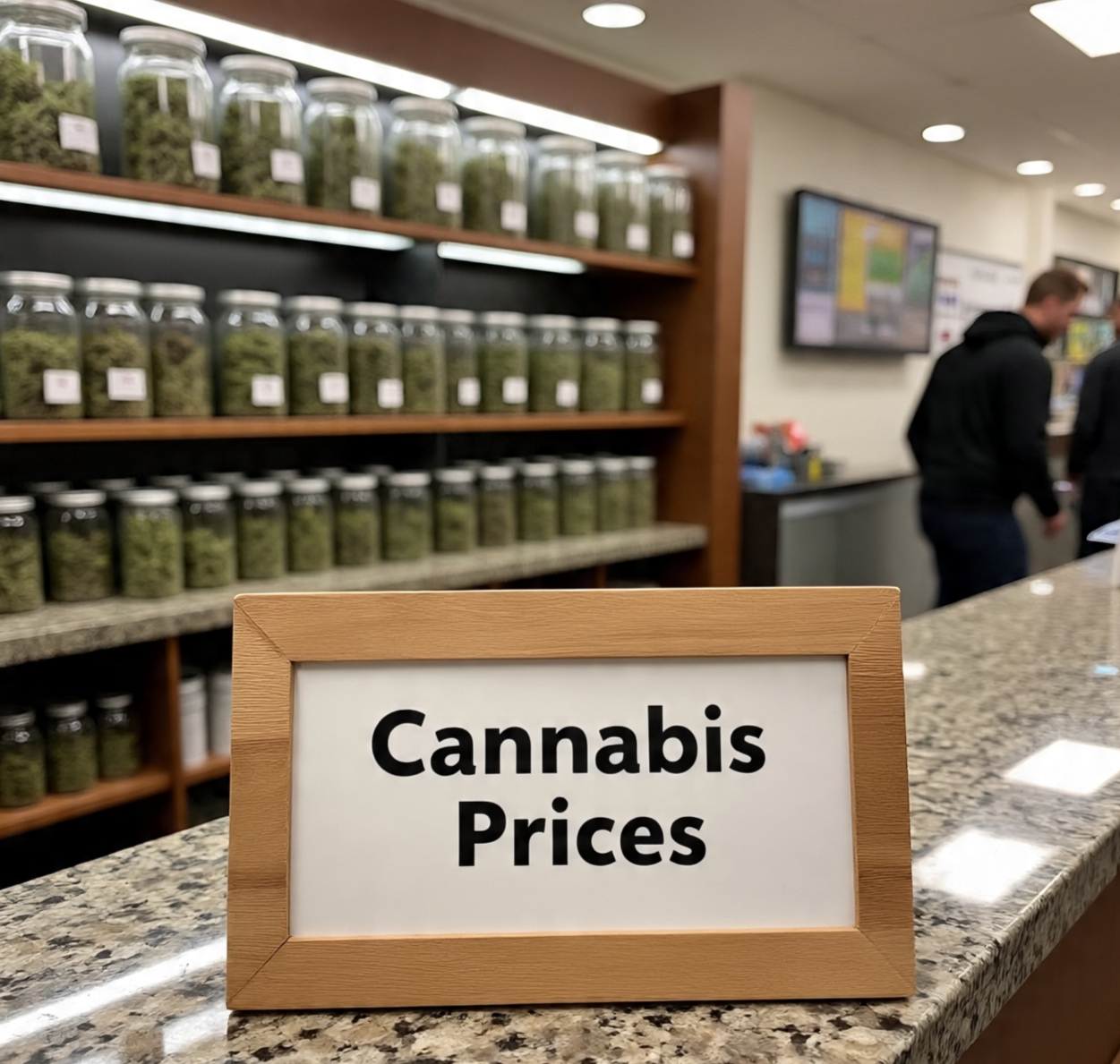WHAT ARE THE DIFFERENT TYPES OF MEDICAL CANNABIS AVAILABLE IN THE UK?
What Are the Differences in UK Medical Cannabis Types?
1. CANNABIS‑BASED MEDICINES (FORMULATED AND LICENSED)
These are pharmaceutical-grade products with strong quality controls and, in some cases, official approval.
1.1 EPIDYOLEX (CANNABIDIOL ORAL SOLUTION)
Active Ingredient: Pure cannabidiol (CBD), with no THC, so it does not cause a high.
Indications: Licensed for rare, severe epilepsy syndromes—specifically Lennox‑Gastaut and Dravet—in children and adults .
How It’s Used: Oral solution, dosed precisely; typically adjunct therapy.
Regulatory Status: Approved by EMA (2019) and UK MHRA and NHS in select cases .
Side Effects: Mild GI upset, appetite changes, sedation; liver function monitored .
1.2 NABIXIMOLS (SATIVEX – THC/CBD COMBINATION ORAL SPRAY)
Active Ingredients: Balanced THC and CBD.
Indications: Specifically for adults with MS-related muscle spasticity unresponsive to standard therapies .
Route of Administration: Oromucosal (buccal) spray under the tongue.
Dosing: Each spray delivers ~2.7 mg THC + 2.5 mg CBD .
Approval: QMRA-approved, NHS-prescribable under specialist care .
Side Effects: Dizziness (25%), drowsiness, occasional mild disorientation. Dependence risk deemed low .
1.3 NABILONE (SYNTHETIC THC ANALOG)
Active Ingredient: Synthetic cannabinoid mimicking THC.
Indications: Approved for chemotherapy-induced nausea and vomiting when other treatments fail .
Form: Oral capsules.
Effect: Similar to THC: appetite stimulation, antiemetic.
Side Effects: Possible drowsiness, dizziness, dry mouth .
—
2. UNLICENSED CANNABIS‑BASED PRODUCTS (OFF‑LABEL)
When licensed options are insufficient, specialists can prescribe **unlicensed, off‑license cannabis-based medicinal products (CBPMs)** .
2.1 DRIED CANNABIS FLOWER (CANNABIS FLOSS)
Form: Dried buds, vaporised—not smoked—for medicinal use .
Strain Varieties:
Bedrocan (~22 % THC)
Bediol (balanced THC/CBD)
Bedrolite (high CBD, very low THC)
European and Canadian hybrids also used .
Irradiated vs Non-irradiated: To sterilize microbes, some products are irradiated; choice depends on patient preference .
Use Cases: Chronic pain, MS, anxiety, epilepsy; approx. 79 % of UK medical cannabis prescriptions are dried flower .
2.2 CANNABIS OILS AND TINCTURES
Types:
High-CBD oils (especially for epilepsy)
THC-rich oils for pain, nausea, appetite issues .
Delivery Method: Oral or sublingual, absorbed via mouth lining .
Clinic Reports: Oils represent ~20 % of prescriptions; vaping oils and tablets still emerging (~1 %) .
2.3 CAPSULES AND EDIBLES
Capsules: THC- or CBD-based, offering standard dosing .
Edibles: Gummies, chocolates, pastilles; allowed in private prescriptions .
2.4 VAPOURED CONCENTRATES & INHALERS
Vape cartridges: Oil or concentrate for vaporiser devices; still low usage but growing .
Inhalers: Experimental products; delivery similar to asthma inhalers .
2.5 TOPICALS (CREAMS, BALMS, PATCHES)
Form: Lotions, creams, transdermal patches applied directly to the skin .
Indications: Localised pain, arthritis, skin conditions.
Evidence: CBD topicals more common; others less bioavailable transdermally .
—
3. OVER‑THE‑COUNTER CBD PRODUCTS (NOT MEDICAL CANNABIS)
These are non-prescription, low-THC CBD oils and supplements:
Legal limit: Must contain <0.2 % THC; sold as food/novel foods .
Uses: Stress, sleep aid, mild anxiety, general wellness .
Safety: Generally safe; max 10 mg/day per FSA to avoid liver effects .
Limitation: Not classed as medicine; effects are modest and inconsistent.
—
4. SYNTHETIC CANNABINOIDS
Non-plant alternatives designed to mimic THC:
4.1 DRONABINOL (DELTA‑9‑THC)
INN: Officially recognized pharmaceutical delta‑9‑THC .
Uses: Appetite stimulant; antiemetic in US, though not a licensed UK medical cannabis.
Side Effects: Drowsiness, anxiety, increased heart rate .
4.2 NABILONE (ALREADY COVERED)
Synthetic THC mimic; licensed in the UK for chemotherapy-related nausea.
4.3 DRONABINOL VS OTHER
UK’s licensed synthetic cannabinoid is predominantly Nabilone, with dronabinol used more elsewhere .
—
5. HOW PRODUCTS ARE REGULATED & PRESCRIBED
5.1 LEGAL FRAMEWORK
Medical Use Legalized: Since Nov 2018; doctor-only prescription by specialists .
CBPM Standards: Must be MHRA-licensed or unlicensed but from certified sources; not raw cannabis oil .
Imported vs Domestic: Most CBPMs imported; UK-grown facilities are emerging since 2024 .
5.2 PRESCRIBING PATHWAYS
NHS: Very limited use—mostly Epidyolex (epilepsy), Sativex (MS), Nabilone (chemotherapy) .
Private Clinics: Offer broader CBPM options (flowers, oils, vapes), based on specialist assessment .
Monitoring & Safety: Specialist doctors monitor for interactions, side effects, liver function, mental health (esp. with THC) .
—
6. TYPES OF CANNABIS STRAINS AND THERAPEUTIC CHEMOVARS
6.1 INDICA, SATIVA, HYBRIDS
Indica: Sedating, pain-relieving—often used for insomnia or relaxation.
Sativa: Energising, mood-lifting—used for daytime anxiety or depression .
Hybrids & Chemovars: Tailored THC/CBD balance; terpene profiles influence therapeutic effects .
6.2 COMMON STRAINS IN UK PRESCRIPTIONS
Flowers:
Bedrocan (22% THC)
Bediol (balanced THC/CBD)
Bedrolite (high CBD, low THC)
Additional hybrid strains: Blue Dream, Gelato, Gorilla Glue, etc. .
Non-Oil Forms: Oils, capsules, tinctures available in varying THC/CBD profiles .
—
7. SAFETY, SIDE EFFECTS & DRUG INTERACTIONS
7.1 SIDE EFFECTS
CBD-only: Dry mouth, drowsiness, occasional liver enzyme changes .
THC-containing: Dizziness, weakness, hallucinations, mood shifts; psychosis risk at high or frequent doses .
Capsule use: Same general effects depending on THC/CBD ratio.
7.2 DRUG INTERACTIONS
CBD can affect liver enzymes—monitor when combining with other medications .
THC interaction with psychiatric medications; careful prescribing by specialist required.
7.3 LONG-TERM CONSIDERATIONS
Dependence on THC products, though small when medically supervised .
Psychotic illness risk in predisposed individuals; hence strict eligibility criteria .
—
8. ACCESS, SUPPLY & COST
8.1 PRESCRIPTION NUMBERS
NHS: Only a few hundred annual prescriptions (mainly Epidyolex/Sativex/Nabilone).
Private clinics: Approx. 45,000 patients in 2023 took private prescriptions .
8.2 SUPPLY SOURCES
Historically imported from the EU, Canada.
UK-grown cannabis emerged in 2024 (e.g., Dalgety, Waterside) to reduce dependency .
What Are the Differences in UK Medical Cannabis Types?
8.3 COST & AFFORDABILITY
Private prescriptions: often £100–£300/month depending on product (e.g., oil 50 mg THC ~£110 for 30 ml) .
NHS: Mostly funded when criteria met; otherwise, private cost applies.
—
9. FUTURE TRENDS & RESEARCH
Trials expanding across chronic pain, PTSD, anxiety with new CBPM types .
UK cultivation scaling up (Dalgety, Waterside) to ensure supply, QC, reduce import costs .
Delivery innovations: inhalers, patches, precise dosing forms in trial phases .
Regulatory shifts: Potential expanded NHS scope if new data supports efficacy.
What Are the Differences in UK Medical Cannabis Types?




